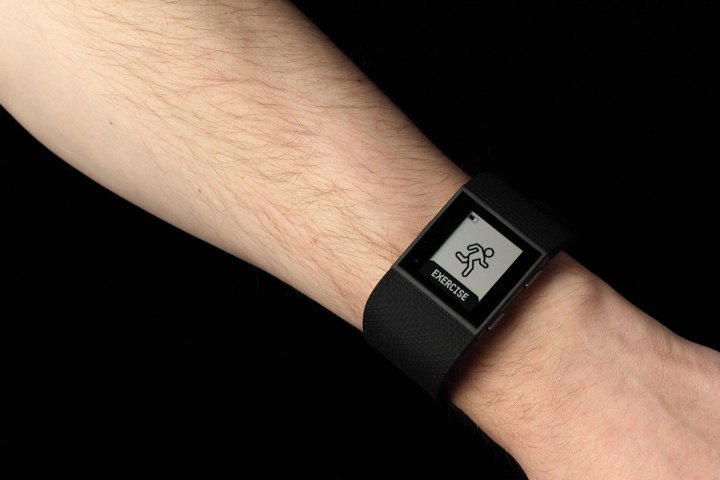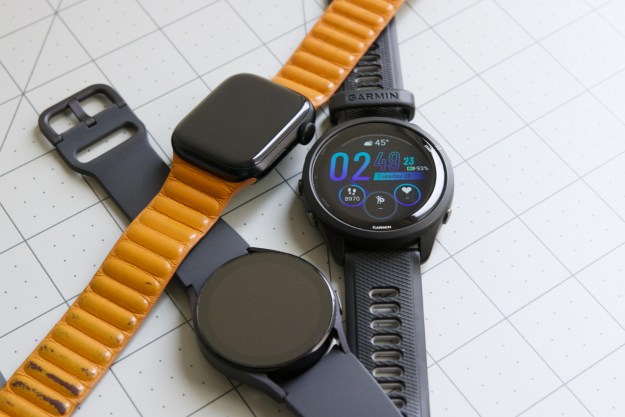
Fitbit has already disputed these claims, stating that the company “strongly disagrees with the statements made in the complaint,” and further noting that its heart rate technology, known as PurePulse, “provides better overall heart rate tracking than cardio machines at the gym.” Even so, the wearables company further reminded users that its devices are not replacements for medical devices, nor are they intended to be employed as scientific monitors.
According to the lawsuit, certain models of the Fitbit provided vastly inaccurate information when subjects engaged in strenuous exercise. “We went and had a board-certified cardiologist put some folks through different levels of exercise and test the different models,” said Jonathan Selbin, the lead partner for the plaintiffs’ law firm. “And, sure enough, particularly at high intensity levels, they are wildly inaccurate,” to the tune of 24.34 beats per minute (bpm). In extreme cases, the Fitbit data differed by 75 bpm.
But this simply was not the case when Consumer Reports ran its own parallel test. Both a male and female volunteer ran on a treadmill with a Polar H7 (a monitor with well-proven accuracy) strapped to their chests. They also each wore the Fitbit Charge HR and Fitbit Surge, one right on the wrist, and the other a few inches higher.
“For our new test, we recorded our subjects’ heart rates at four levels of intensity: at rest, a walking pace (110 bpm), a jogging pace (130 bpm), and a running pace (150 bpm),” Patrick Austin of Consumer Reports writes. “All tests were conducted twice. A total of 64 heart rate measurements were recorded.”
Ultimately, the outlet determined, “The new testing confirmed our earlier results: Both the Charge HR and Surge were very accurate when compared to the reference Polar H7 ECG monitor. During nearly every trial, the variance between the chest strap and the Fitbit devices amounted to no more than three heartbeats per minute.”
There was, however, one notable exception, and it had to do with where the Fitbit was worn. When the female volunteer wore the Charge HR on her wrist and began the more strenuous portion of the test, the Fitbit was indeed off by a wider margin. “During one run, when the chest strap read 150 bpm, the Fitbit Charge HR read 144 bpm,” Austin said. “During the second run, the device read only 139 bpm.”
That said, this was no longer an issue when the Charge was worn on her forearm, and the Fitbit Surge showed itself to be fairly consistent regardless of where it was on the body.
So there you have it, friends. According to a lab test of two individuals, the Fitbit seems perfectly fine. But if you’re having issues, maybe try moving your device up a few inches, and then see where things stand.
Editors' Recommendations
- 8 features I want on the Fitbit Sense 3 (if there is one)
- The future of Fitbit doesn’t look good
- The Fitbit app just got its biggest update in years
- Boring Report is an AI app that revolutionized how I read the news
- Google is getting ready to kill your Fitbit account


